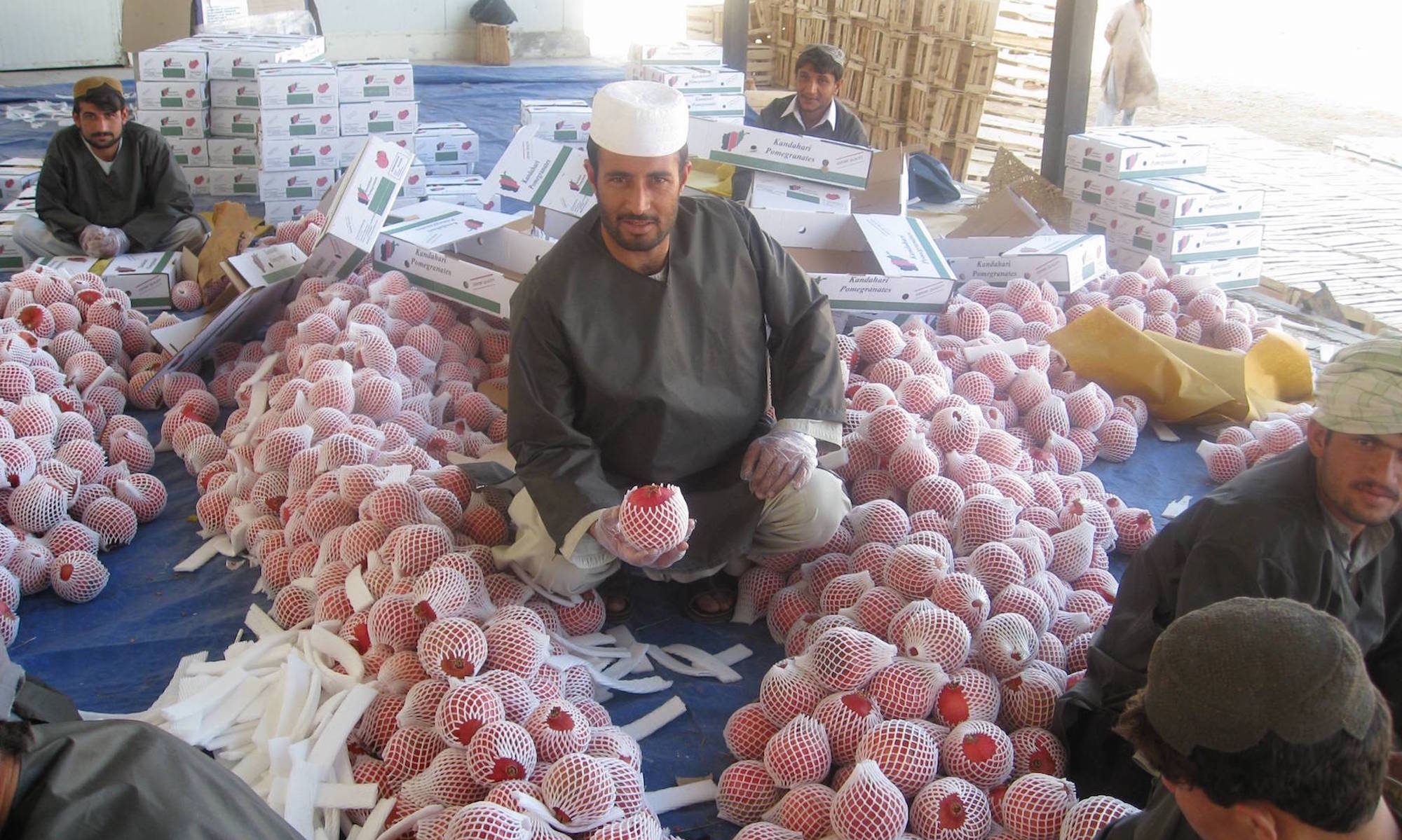Resources for Peace? Managing Revenues from Extractive Industries in Post-Conflict Environments
Revenues from extractive sectors such as oil and gas, minerals, and logging play an important role in many post-conflict environments, often providing more than 30% of state fiscal receipts. When managed well, these revenues can help to finance postwar reconstruction and other vital peace-related needs. When mismanaged, however, resource revenues can undermine both economic performance and the quality of governance, thereby heightening the risk of renewed violence. This paper offers a number of proposals for managing revenues from extractive industries to better support peacebuilding.
Corrupting Peace? Peacebuilding and Post-conflict Corruption
Many conflict-affected countries are among the most corrupt in the world, and corruption is frequently reported as a major concern of local populations and foreign aid agencies during transition to peace. Tackling corruption is part of liberal peacebuilding, which seeks to consolidate peace through democracy and free markets economy. Yet liberalization policies may also foster corruption. Using a preliminary analysis of selected corruption perception indicators, this article finds tenuous and divergent support for post-conflict patterns of corruption. Three main arguments linking liberal peacebuilding with higher levels of corruption are then presented for further elaboration, and a research agenda is outlined.
